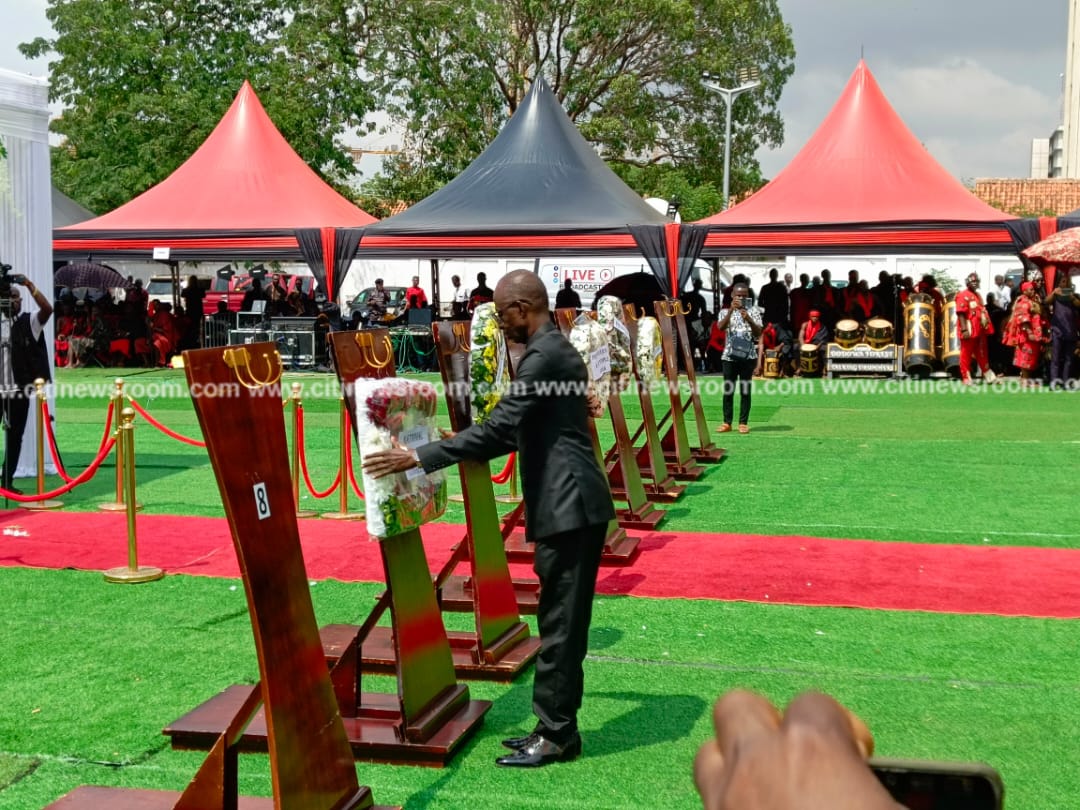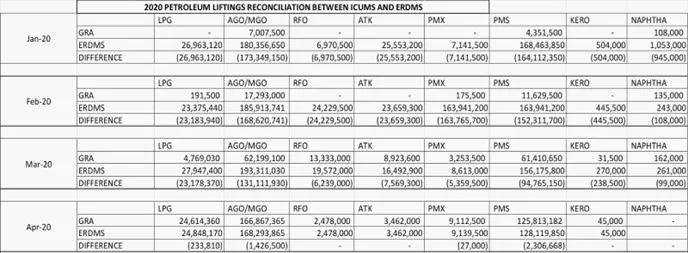
By Kizito CUDJOE
Government could be exposing public resources to unnecessary risk and straying from long-standing petroleum sector principles if it proceeds with plans to take over Springfield Exploration and Production Limited’s (SEP) stake in the West Cape Three Points Block 2 (WCTP2), Executive Director-Africa Centre for Energy Policy (ACEP) Benjamin Boakye has cautioned.
According to Mr. Boakye, the proposed move not only raises concerns about fiscal prudence but could also set a dangerous precedent; potentially distorting how future oil and gas asset transactions are handled.
This warning follows a Ministry of Energy and Green Transition announcement that the National Oil Company and its subsidiary, GNPC Explorco, are engaging Springfield in discussions over a possible takeover of its WCTP2 interest.
“This initiative is part of government’s broader strategy to safeguard national petroleum assets, optimise upstream output and ensure that valuable resources do not remain stranded due to prolonged commercial or operational bottlenecks,” the ministry said in a press statement.
The statement added that the Petroleum Commission (PC) and GNPC are jointly procuring the services of a Technical Consultant and an independent Transactional Advisor to ensure all decisions are evidence-based, commercially prudent and in the state’s best interest.
Government cited declining crude oil production over recent years, alongside uncertainties in the global energy transition, as reasons for urgency in advancing development of the WCTP2 resource base.
“The intention is to reposition this asset for accelerated development, potentially through partnerships with technically strong and experienced deepwater operators willing to collaborate with the state,” the statement said.
But ACEP sees the situation differently. In a shared with organisations including the Open Society Foundations, Ford Foundation, Action Aid, Imani Centre for Policy and Education and Deloitte, Mr. Boakye said: “The oil block belongs to the state. Contractors are supposed to take the risk and share benefits only when they succeed. When contractors fail, it is the state’s duty to reclaim its asset – not underwrite the losses of private companies.”
He also expressed concern over claims that GNPC and Explorco are engaged in “constructive discussions” with Springfield. “Both entities know the facts too well, but their track record undermines their credibility. We often hold politicians accountable, but technical officials who advise private interests while moonlighting escape scrutiny. In this case, top GNPC and Explorco officials are complicit,” he said.
Earlier this year, Springfield and Explorco reportedly attempted to value the asset between US$433million and US$1.1billion. Mr. Boakye said a credible consultant was hired, but was provided with flawed data that essentially predetermined the outcome.
“Garbage in, garbage out,” he noted. The Petroleum Commission has since stated that Springfield’s appraisal claims were incorrect.
Against this backdrop, he proposed that government should focus on enforcing contractual obligations rather than acquiring non-performing assets.
“Many oil blocks have lain dormant for over a decade. There is too much poverty in this country for the state to spend scarce public funds on wasteful, trumped-up ventures,” he argued.
The post State bid for Springfield’s WCTP2 stake could breach petroleum sector norms – Ben Boakye appeared first on The Business & Financial Times.
Read Full Story






















Facebook
Twitter
Pinterest
Instagram
Google+
YouTube
LinkedIn
RSS